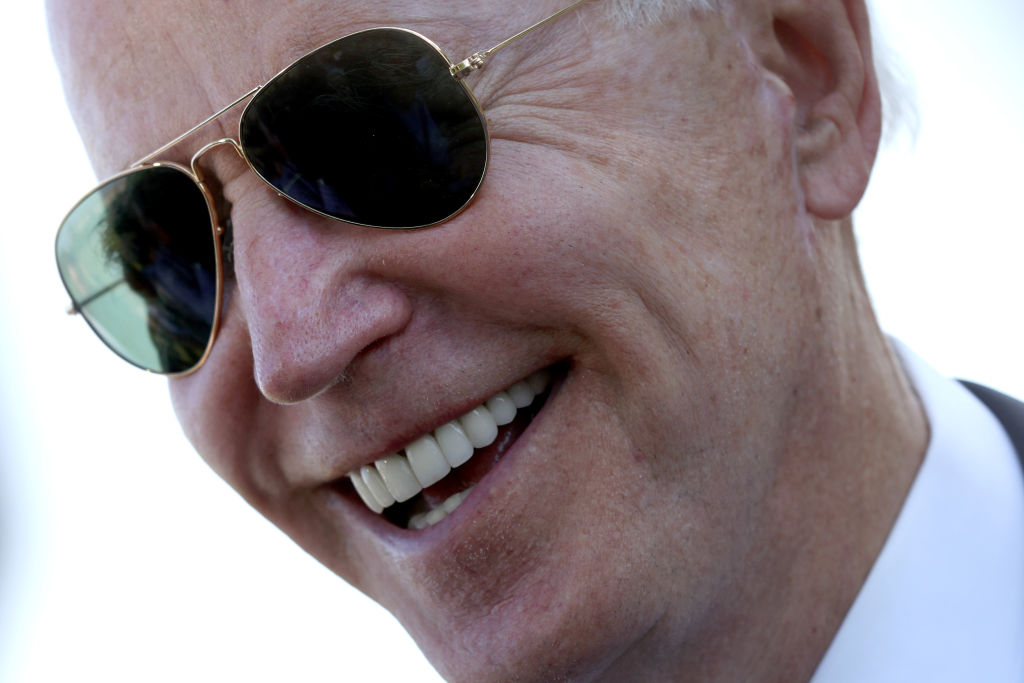Biden’s America, of course, is all about reengaging with the world after four years of isolationism. But if you are the Irish finance minister, perhaps the new administration isn’t looking quite so cuddly at the moment.
Biden’s first big achievement in international cooperation looks like being a global minimum corporate tax rate. It seems that G7 nations are about to announce they have agreed on such a tax, set at 15 percent. It will mean corporations paying a minimum of 15 percent tax on their profits regardless of where they are based in the world, where they do business and where they pretend to do business.
The moral is: don’t bother pretending you have to pay inflated sums for coffee beans, for the right to use a brand name, or whatever, to a subsidiary which just happens to be based in the Cayman Islands, because the US taxman will find a way of spearing any money you think you will save.
And it really will be the US taxman, or the tax authorities of some other large country. A minimum global corporate tax rate is an idea dreamed up by America, agreed by the G7, to be imposed on all G20 companies. It is a means by which large companies can be made to repatriate profits to their head offices and away from subsidiaries. To benefit from this process you must be the country which hosts the head office. There is little in the proposals for smaller countries which have prospered as a result of setting competitive corporation tax rates, attracting multinationals to set up secondary operations there. The losers will not all be classic tax havens with a few palm trees, a handful of locals and a large number of moored yachts. Among those most upset by the proposals is Ireland, which has attracted massive investment from US corporations over the past three decades as a result of levying a corporation which currently stands at just 12.5 percent. There is nothing to stop the likes of Apple keeping its European corporate HQ in Ireland, though there will be less of an incentive to do so in future, as the US will come calling for an extra 2.5 percent of the company profits booked through Ireland.
It could, however, have been a lot worse. Biden and Treasury secretary Janet Yellen really wanted to set their minimum corporate tax rate at 21 percent, which was double the Global Intangible Low-Level Income tax which Trump applied to US corporations with tax haven operations. Biden’s desired minimum rate would have been above Britain’s current corporation tax rate, which would have allowed, for example, the US tax authorities to reel in some extra tax revenue from Google’s UK operation – at least in the meantime, before Rishi Sunak gets round to raising corporation tax to 25 percent, as he has promised. Biden, by contrast, plans to jack the US corporation tax rate to 28 percent.
At 15 percent, the global minimum corporation tax will still give some incentive to set up operations in low-tax companies such as Ireland. It will still allow companies to benefit from paying zero corporation tax if they really are based in tax havens and don’t have operations elsewhere. But it looks as if this might be just the beginning, and the US taxman will soon be back for more. A very loud warning bell has been sounded for countries which are trying to attract investment through low tax rates. They well end up reminiscing fondly about the Trump regime.
This article was originally published on The Spectator’s UK website.


















